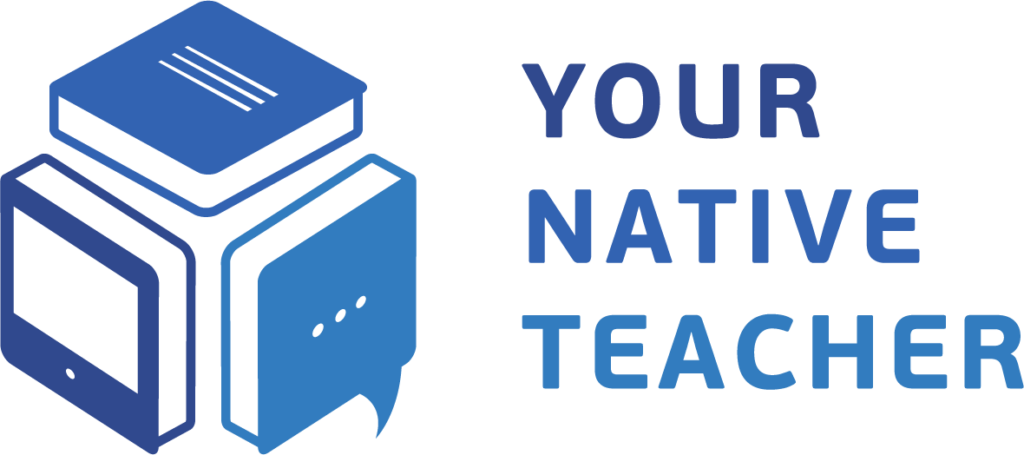1. Native English speakers can easily learn German.
Because of its same ancestry with German, the English language is categorized as a Germanic tongue. German is English’s Großvater, even if Latin and French have had significant impacts on the language throughout the years.
Because of their close relationship on the language tree, speakers of English have a great advantage when beginning to study German. In fact, German is responsible for the origin of 26 percent of English vocabulary. French and Spanish are often cited as candidates for the title of “easiest language to learn for English speakers,” but German, our “grandfather language,” should not be discounted.
2. Find out something new about yourself.
Many people who speak more than one language say that they have slightly different personalities in each language. Language is made up of different intonations, accents, and body movements. To deal with this, you have to change how you normally act in social situations.
This means to be direct in German, which is one of the best reasons to learn German if you’re from a country where people don’t say what they mean. This might sound a bit scary, but don’t worry! As you get better at expressing yourself in new ways and let different parts of your personality shine through, you’ll notice a slow, natural change.
3. If you want to have a good time during Oktoberfest, learning some German is a must.
Although it is possible to get by as a tourist in Germany without knowing the language, and while donning a Dirndl or Lederhosen and brandishing a Maß of Helles may make you seem Bavarian, you will miss out on the complete experience of your trip without at least trying. The only way to truly understand another person’s perspective is to communicate with them in their native tongue and adapt to their cultural norms.
4. German is the native language spoken the most in Europe.
With 100 million native speakers and 56 million people who speak German as a second language, German is the 15th most spoken language in the world, according to our list. When you consider that a few more millions of people speak it as a third language, you can see why German is becoming a lingua franca.
And that’s not all! Germany, Austria, Switzerland, South Tyrol (Italy), the German-speaking Community of Belgium, Liechtenstein, and Liechtenstein are all countries where German is an official or co-official language. German is also one of the three official languages of Luxembourg. In other words, you won’t have to worry about not being able to get help, directions, or advice in any of these beautiful countries.
5. Learning German will open doors for you professionally.
As can be seen, all of these things are interrelated. When you mention German as one of your language talents, your resume will stand out from the competition because of the economy as well as the fact that German is the native language spoken by the most people in Europe. In addition, it has been projected that being able to speak German could result in a wage boost of approximately 4%.
6. German universities give you a great education for free.
Good news for the students of the future! If you know German, you can get a free education.
In the US, it costs hundreds of thousands of dollars to go to a top university, and in the UK, it costs thousands of pounds. Germany, though? Well… surprise! Even though tuition is free at most German universities, that doesn’t mean you won’t get a great education. German universities like Technical University of Munich, Ludwig-Maximilians-Universitat München, and Ruprecht-Karls-Universitat Heidelberg are all in the World’s Top 100 Universities.







